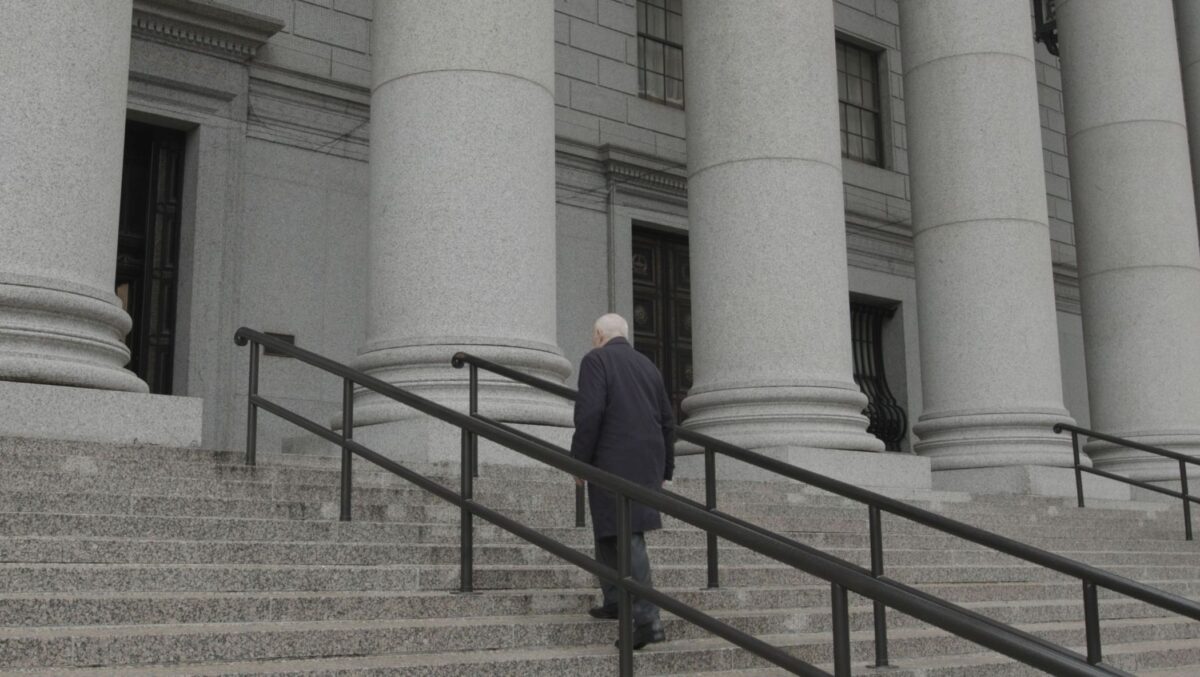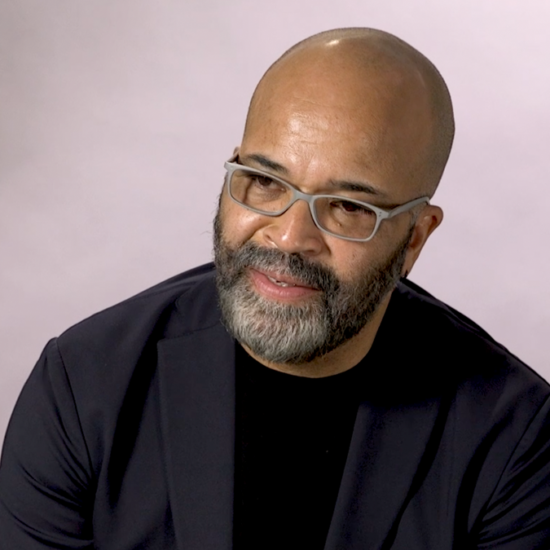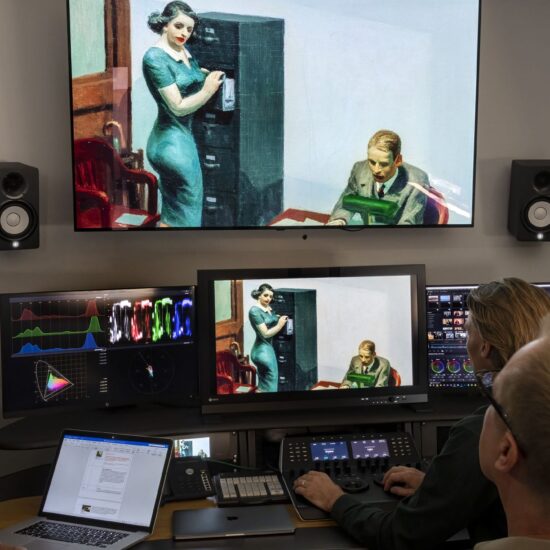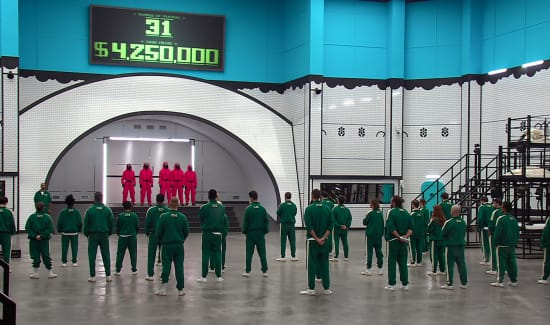
Known as the “first First Amendment lawyer,” Floyd Abrams has dedicated his career to defending free speech in the United States.
Though the First Amendment at first glance seems simplistic, it continues to be the subject of constant legal debate, including several ongoing Supreme Court Cases. Ratified in 1791, the First Amendment has become ubiquitous to American civil liberty and identity. However, the bounds of protected speech are ultimately reserved to courts of law and the First Amendment only prevents government restrictions. At the forefront of cases like The Pentagon Papers, Citizens United and Clearview AI, has been attorney Floyd Abrams – whose 50-year career has defined the First Amendment as we understand it today. Facing new technological frontiers, he continues to steadfastly defend the First Amendment in all forms and representations.
In this Q&A, Abrams shares his thoughts on the current state of the First Amendment and the crucial necessity for it to be upheld.
1. What is the most important First Amendment issue facing our country today?
New forms of communication have always required a new First Amendment look. That was true of movies, of radio, of television and now of social media. I believe that social media will (and should) likely receive broad First Amendment protection and that that issue will likely be addressed by the Supreme Court as soon as next year. But the precise nature and scope of that protection is less easy to predict.
2. As is frequently the focus of debate around social media, in your view, is there ever a point where corporations should be liable for platforming violent speech?
Direct advocacy and incitement of violent conduct may well be held to be actionable, but anything less than that will likely be protected under current First Amendment law.
3. Emergent technology, like artificial intelligence, will continue to change the world. How should the law adapt with technology, especially as it relates to the First Amendment?
The development of artificial intelligence will undoubtedly lead to significant copyright claims and First Ammendment defenses. Obviously, the facts of each case will be determinative, but copyright claims seem particularly strong in this area.
4. If the First Amendment is fundamentally a restriction on government censorship, how do you determine when a whistleblower has crossed the line? What differentiates the Pentagon Papers from Wikileaks?
The Espionage Act is phrased extremely, even dangerously, broadly and fortunately there has been little litigation in recent years commenced by the government against publications for the conduct of which might arguably constitute a violation of the Act. Wikileaks is, in my view, a particularly unsympathetic defendant since it has published classified material which could well have led to harm to individuals who had been promised confidentiality by the government.
That said, prosecution of Wikileaks could well lead to the establishment of law permitting the same of the revelation of information that truly serves the national interest.
5. How has the general attitude in our culture toward the First Amendment changed over the span of your career?
The First Amendment has received expansive legal protection in recent years. But I’m afraid it increasingly seems as if the public chooses what side of First Amendment issues it favors based on whose political and ideological side of issues seems to benefit more from a ruling. That may not be an entirely new development, but it seems especially true now. And therefore especially disturbing.
















